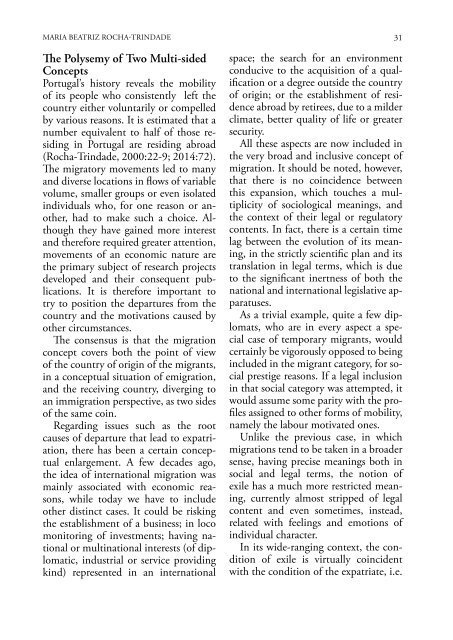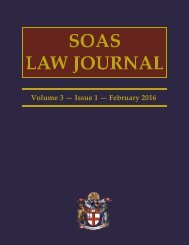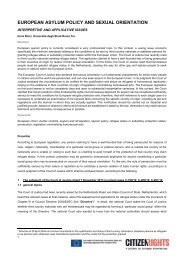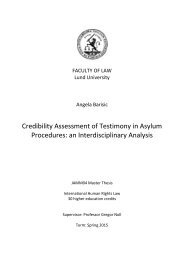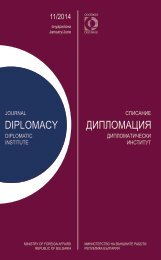AEMI
AEMI-2016-web
AEMI-2016-web
You also want an ePaper? Increase the reach of your titles
YUMPU automatically turns print PDFs into web optimized ePapers that Google loves.
MARIA BEATRIZ ROCHA-TRINDADE<br />
The Polysemy of Two Multi-sided<br />
Concepts<br />
Portugal’s history reveals the mobility<br />
of its people who consistently left the<br />
country either voluntarily or compelled<br />
by various reasons. It is estimated that a<br />
number equivalent to half of those residing<br />
in Portugal are residing abroad<br />
(Rocha-Trindade, 2000:22-9; 2014:72).<br />
The migratory movements led to many<br />
and diverse locations in flows of variable<br />
volume, smaller groups or even isolated<br />
individuals who, for one reason or another,<br />
had to make such a choice. Although<br />
they have gained more interest<br />
and therefore required greater attention,<br />
movements of an economic nature are<br />
the primary subject of research projects<br />
developed and their consequent publications.<br />
It is therefore important to<br />
try to position the departures from the<br />
country and the motivations caused by<br />
other circumstances.<br />
The consensus is that the migration<br />
concept covers both the point of view<br />
of the country of origin of the migrants,<br />
in a conceptual situation of emigration,<br />
and the receiving country, diverging to<br />
an immigration perspective, as two sides<br />
of the same coin.<br />
Regarding issues such as the root<br />
causes of departure that lead to expatriation,<br />
there has been a certain conceptual<br />
enlargement. A few decades ago,<br />
the idea of international migration was<br />
mainly associated with economic reasons,<br />
while today we have to include<br />
other distinct cases. It could be risking<br />
the establishment of a business; in loco<br />
monitoring of investments; having national<br />
or multinational interests (of diplomatic,<br />
industrial or service providing<br />
kind) represented in an international<br />
31<br />
space; the search for an environment<br />
conducive to the acquisition of a qualification<br />
or a degree outside the country<br />
of origin; or the establishment of residence<br />
abroad by retirees, due to a milder<br />
climate, better quality of life or greater<br />
security.<br />
All these aspects are now included in<br />
the very broad and inclusive concept of<br />
migration. It should be noted, however,<br />
that there is no coincidence between<br />
this expansion, which touches a multiplicity<br />
of sociological meanings, and<br />
the context of their legal or regulatory<br />
contents. In fact, there is a certain time<br />
lag between the evolution of its meaning,<br />
in the strictly scientific plan and its<br />
translation in legal terms, which is due<br />
to the significant inertness of both the<br />
national and international legislative apparatuses.<br />
As a trivial example, quite a few diplomats,<br />
who are in every aspect a special<br />
case of temporary migrants, would<br />
certainly be vigorously opposed to being<br />
included in the migrant category, for social<br />
prestige reasons. If a legal inclusion<br />
in that social category was attempted, it<br />
would assume some parity with the profiles<br />
assigned to other forms of mobility,<br />
namely the labour motivated ones.<br />
Unlike the previous case, in which<br />
migrations tend to be taken in a broader<br />
sense, having precise meanings both in<br />
social and legal terms, the notion of<br />
exile has a much more restricted meaning,<br />
currently almost stripped of legal<br />
content and even sometimes, instead,<br />
related with feelings and emotions of<br />
individual character.<br />
In its wide-ranging context, the condition<br />
of exile is virtually coincident<br />
with the condition of the expatriate, i.e.


